Is the Yucatan Peninsula Safe for Travelers?
The Yucatan Peninsula is known for beaches, Mayan ruins, and outdoor adventure, but crime and violence do sometimes occur. Here’s how to stay safe when visiting Cancun, Tulum, and Playa del Carmen.
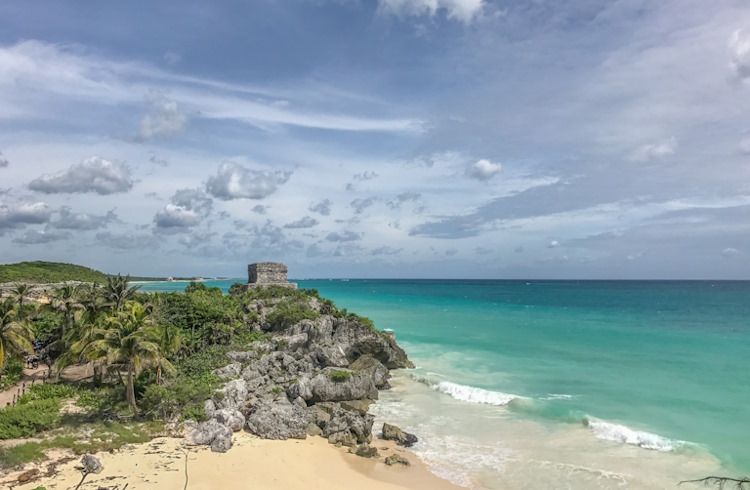 Photo © Cassandra Brooklyn
Photo © Cassandra Brooklyn
Considered to be one of the safest places to travel in Mexico, the Yucatan Peninsula is famous for sun, fun, history, and adventure. Sure, the beachside cities of Cancun and Playa del Carmen get most of the attention, but the Yucatan Peninsula is also home to some of the most impressive Mayan ruins and the best scuba diving and snorkeling in the entire country.
After several solo scuba diving trips to Cancun and Playa del Carmen, I returned with my family to explore more of the peninsula. We rented a car and drove from town to town, stopping at Mayan ruins and historic sites along the way. The Yucatan Peninsula is that special destination that attracts solo travelers, couples, and partygoers while somehow remaining family friendly.
Here is all the safety information you need to know when planning your trip to the Yucatan Peninsula.
- Safety in the Yucatan Peninsula
- Is Playa del Carmen safe?
- Safety in Cancun
- Safety tips for visiting Tulum and Chichen Itza
- Crime hotspots in the Yucatan Peninsula
- Weather-related safety
- Safety precautions for solo travelers
Safety in the Yucatan Peninsula
The Yucatan Peninsula is generally considered to be made up of three states: Yucatan, Campeche, and Quintana Roo. Each has its own flavor and appeal but many of the same safety tips apply across the board. Learning some basic Spanish, staying vigilant, and following a few rules will go a long way in keeping you safe.
When it comes to Mexico safety advisories, the US Department of State issues travel advisories specific to each state because safety varies so much between them. Currently, the states of Campeche and Yucatan have no travel advisories. Merida, the vibrant capital of the state of Yucatan, and Campeche, the port city and capital of Campeche, are two of the safest cities in Mexico so the biggest safety concern is pickpocketing.
However, Quintana Roo – where Cancun, Tulum, and Playa del Carmen are located – has a level two advisory (on a scale of one to four) due to crime. Travelers are encouraged to “exercise increased caution” here.
Is Playa del Carmen safe?
In general, Playa del Carmen (in Quintana Roo) is a safe city. I’ve been three times and have always felt comfortable walking around the tourist areas even while alone, with children, and at night. It has a more laid-back vibe when compared to big and bustling Cancun, so it’s easy to feel at ease. Relax but don’t get too comfortable, as you’ll want to avoid side streets away from the main beachfront area at night, which can get a bit dicey.
Safety in Cancun
As a much larger city that is as known as much for partying, drinking, and gambling as it is for snorkelling and sunbathing, Cancun requires a bit more caution than Playa del Carmen. The US State Department issued a cartel crime-related travel advisory to Cancun as recently as October 2023, but it’s not the crime hotspot that is Acapulco, so don’t be too quick to cross it off your travel list. Why? Because pickpocketing and petty theft are far more common than murder.
In Cancun, travelers are advised to use official taxi stands or rideshares like Uber instead of hailing cabs off the street. And while official taxis are safe, it’s worth noting that some taxi drivers have harassed Uber-hailing tourists and blockaded streets in Cancun because they believe Uber drivers are stealing their customers. Because the situation can change rapidly, speak with your hotel in advance to confirm what they believe is the best way to get around when you arrive.
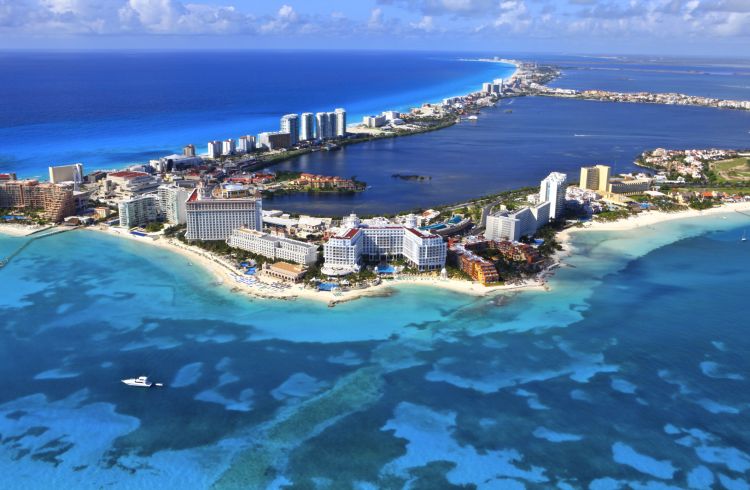
Safety tips for visiting Tulum and Chichen Itza
Tulum and Chichen Itza have long been hailed as home to some of the most stunning Mayan ruins in all the Americas. In fact, Tulum has the special recognition of being the only Mayan historical site that was built on the water, making for an especially scenic landscape with brilliant blue water serving as the backdrop behind the ruins.
For many years, pickpocketing was the chief concern in these consistently packed tourist areas, but in recent years, the city of Tulum has seen an increase in violent crime, including assault and homicide. Most of the crime is driven by gangs and drug violence but tourists can get caught in the crosshairs. To minimize the chance of encountering violence, stick close to the tourist area and do not go out at night.
Crime hotspots in the Yucatan Peninsula
Though the Yucatan Peninsula is one of the safest places for travelers in Mexico, there are a handful of crime “hotspots” to avoid. Touristed areas tend to be the safest, and while pickpocketing can occur, muggings and more serious crimes are unlikely here. If you stray away from touristed areas and wander into alleys and side streets (particularly at night), you could run into problems.
And while buses tend to be a very safe way to travel around Mexico (and I’ve spent dozens of hours criss-crossing the country this way), like in many other countries, bus terminals sometimes attract sketchy people late at night. Buy your tickets during the day and avoid hanging out or sleeping in the terminal overnight.
Do a bit of research to avoid crime and scams like fake police officers, rigged ATMs, and dodgy taxis. These scams and safety threats exist all over Mexico (and the entire world, for that matter), but you can avoid a lot of it by doing a bit of research, sticking close to the tourist area, and only using official bank ATMs and certified taxis or rideshares.
In case of emergency, dial 911.
Weather-related safety
First and foremost, know that safety isn’t all about crime. At worst, weather can pose a significant threat to your safety, and, at best, it can simply create an unpleasant trip.
I first traveled to Mexico with my high school Spanish Club when I was 18. Having never left my state before, I was completely unprepared for the heat. On the first day at the beach, I caught a bad case of heat stroke, and spent several days cooped up in the hotel with a headache and painful sunburn. Part of staying safe in warm weather environments is staying hydrated, applying sunscreen, and limiting time in the sun.
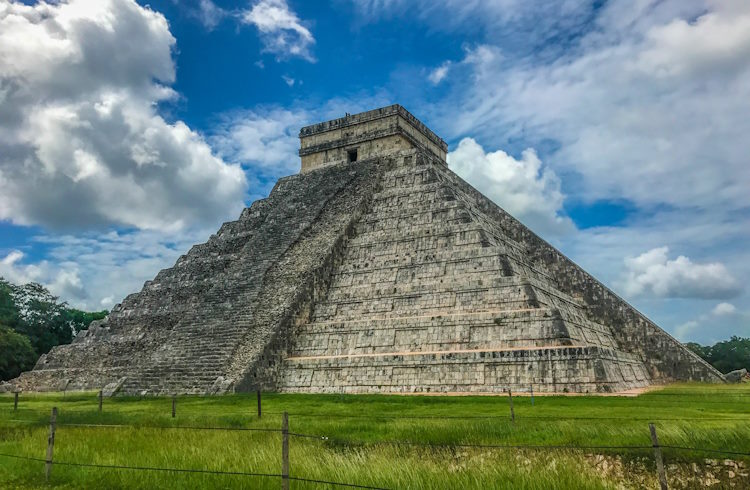
On the more serious end of weather-related safety, the Yucatan Peninsula experiences a hurricane season that can sometimes include devastating winds and rain. While the official hurricane season is from June through November, the greatest risk of tropical storms exists in August, September, and October. Hotel rooms and flights are often cheaper during these months, but there’s a reason for the discount.
Safety precautions for solo travelers
All the previously mentioned crime and safety tips apply to travelers in general, regardless of whether they’re traveling alone, with a partner, a group of friends, or family. However, there is often safety in numbers, so solo travelers should remain especially vigilant.
When traveling alone, it’s especially important to be careful at night, particularly to areas outside of the tourist zone. If you choose to visit bars, parties, or clubs, keep a close eye on your drink so nobody can taint it. Avoid wearing flashy watches or jewelry and keep your phone and money in your front pockets.
If you’re carrying a fanny pack or purse, wear it in the front or hold it tucked tightly under your shoulder. When walking, pay attention to your surroundings instead of staring down at your phone or getting lost in your headphones.
Related articles
Simple and flexible travel insurance
You can buy at home or while traveling, and claim online from anywhere in the world. With 150+ adventure activities covered and 24/7 emergency assistance.
Get a quote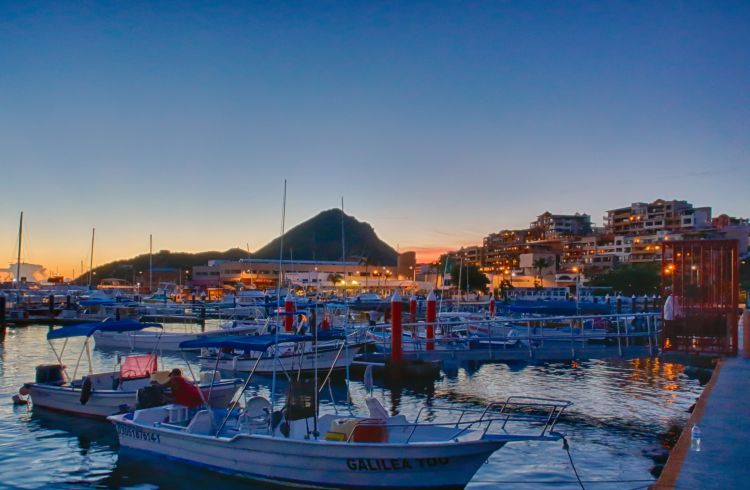
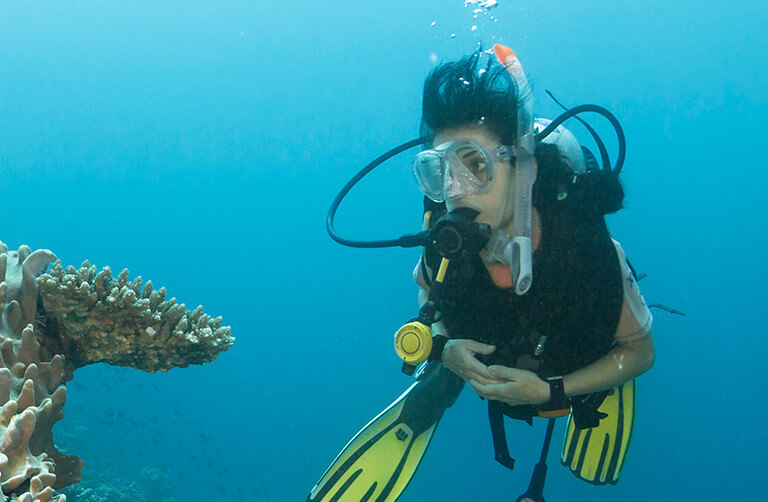
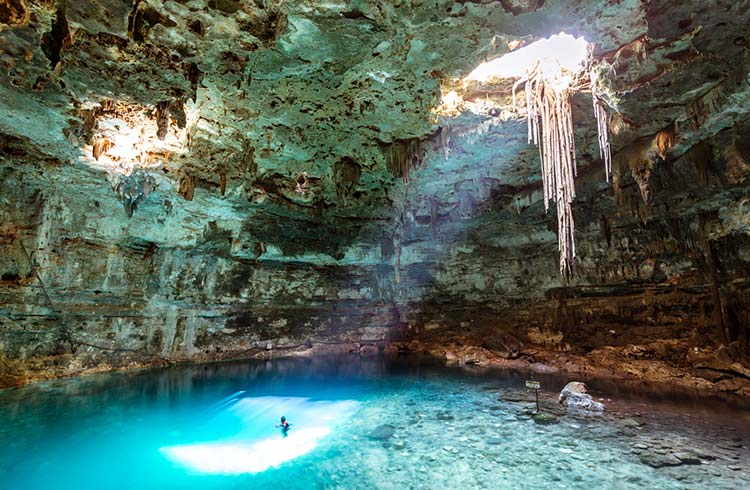
1 Comment
Great advice! I love the way you manage to cover most of the "nastys" to avoid, but still make it sound fun and safe to visit. Thanks for the insider's tips.